What Do You Think?
We want to hear what you think about the issues that impact your life. By taking our polls, you can help shape the future and make a difference. Your opinions are valuable and can influence decisions that affect you and your peers. Take a few minutes to share your thoughts! Together we can create positive change. Educators can view the What Do You Think lesson plan to implement this in the classroom.
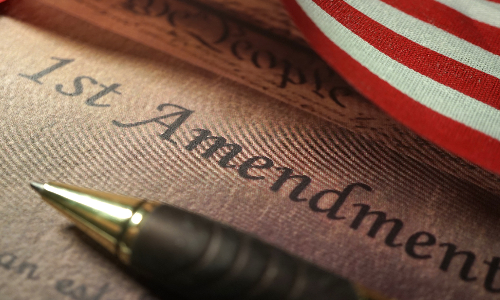
1st Amendment
Weigh in on debates surrounding 1st Amendment issues.

4th Amendment
Have your say on privacy rights and 4th Amendment issues.
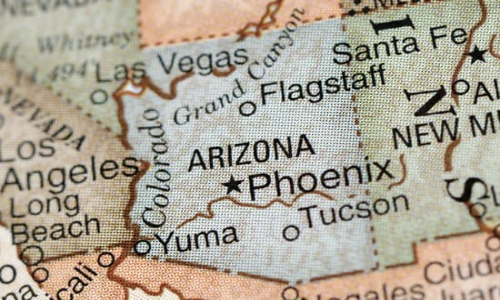
Arizona
Voice your opinion on laws and key issues affecting Arizona.

Civil Responsibility
Express your thoughts on civic duties and responsibilities.

College
Share your thoughts on college education on related topics.

Conflict Resolution
Voice your opinion on effective conflict resolution strategies.

Discrimination
Express your opinion on discrimination and related issues.

Drug Use
Voice your concerns and insights on drug use.

Education
What do your peers think about education? Dive into education polls and see the data.

Finance
Cast your vote on pressing financial questions.
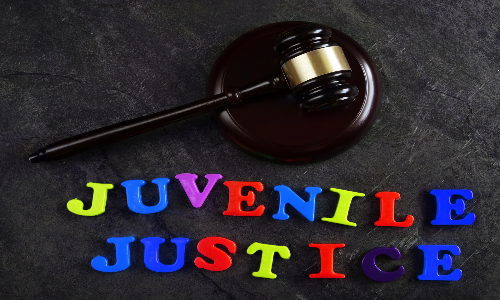
Juvenile Justice
Share your thoughts on juvenile justice issues.

Marriage
Voice your opinions on marriage-related topics.
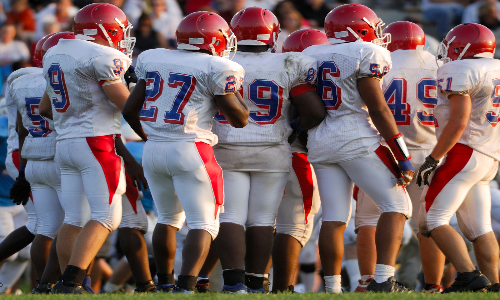
School Athletics
Share your thoughts on various aspects of school athletics.
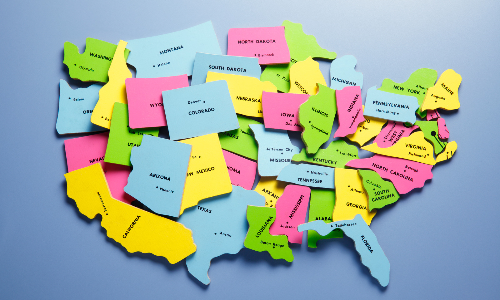
State or Federal
Weigh in on the balance of power between state and federal governments.

Status Offenses
Express your views on handling statis offenses.

Technology
Discuss issues and policies related to technology.
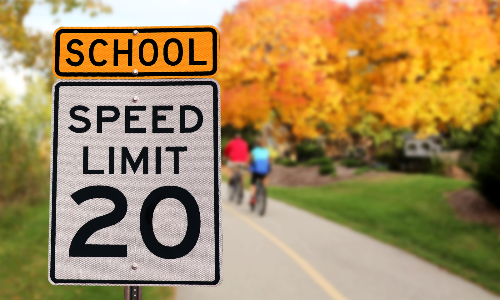
Traffic Laws
Share your thoughts on traffic laws and regulations.

Travel
Share your opinion on travel and related experiences.
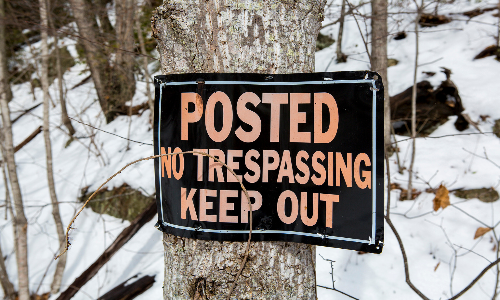
Trespass
Voice your opinions on issues related to trespassing.

Vandalism
Share your views on topics related to vandalism.
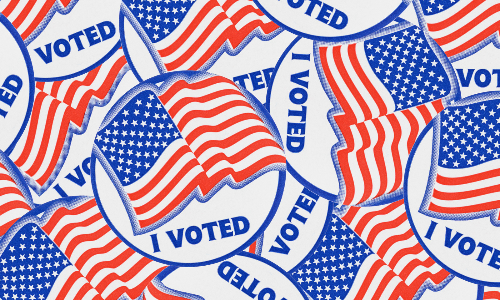
Voting
Have your say on issues related to voting.
